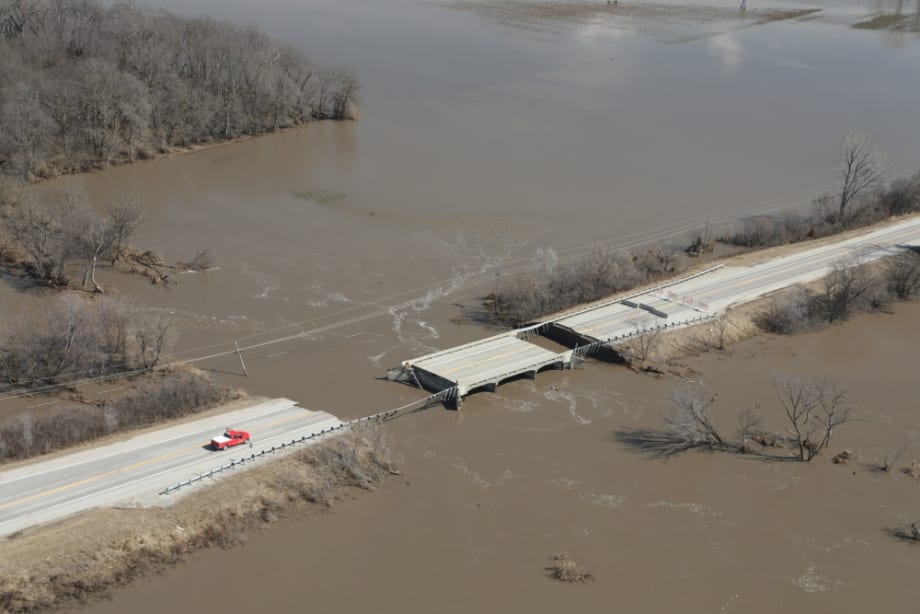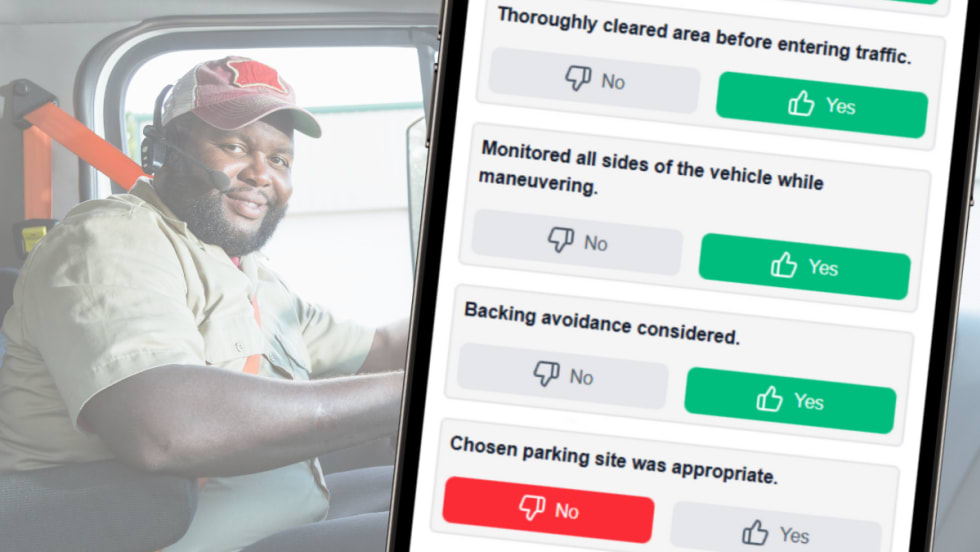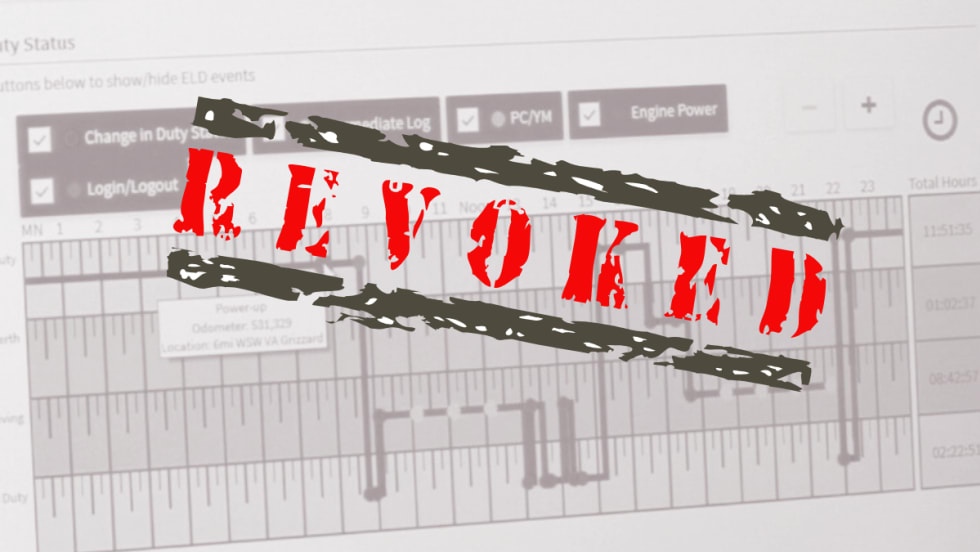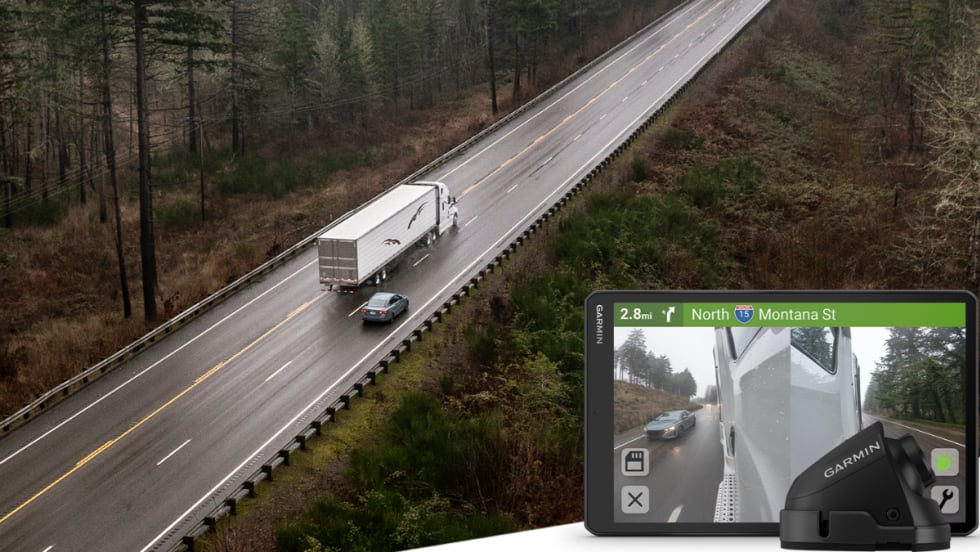The confluence of a harsh winter, warm heavy rains and damaged levees has left large swaths of the Mississippi and Missouri flood plains in the Upper Midwest under water, causing massive destruction of towns, farms and roads in the area.
In response, the Federal Motor Carrier Safety Administration issued a Regional Emergency Declaration for 16 states in the surrounding regions for carriers and drivers providing direct assistance supporting emergency relief efforts.
On the Road Dog Trucking SiriusXM show Tim Aschoff, president of Nebraska-based Crete Carrier Corporation, spoke of the conditions on the ground, describing the flooding and damage to roads. He also said his company was working with emergency agencies to deliver needed supplies to affected communities.
For the past few days on Facebook, Omaha-based Werner Enterprises has been documenting the efforts of its drivers to deliver flood relief supplies around the state and collect donations for responders.
The emergency declaration allows fleets and drivers to circumvent Parts 390-399 of the Title 49 Code of Federal Regulations. The suspended regulations include those concerned with hours of service, inspection, repair and maintenance, hazardous materials transportation, driving, parking and other health and safety standards. It does not exempt drivers and carriers from the requirements related to CDL drug/alcohol, hazardous materials, or State/Federal registration and tax requirements.
This is Highway 2 crossing from #Nebraska into #Iowa. This is also a perfect illustration of the travel difficulties in this part of the country after the historic and deadly flooding of the last week. @weatherchannel continues coverage in America’s Heartland. #nebraskaflood2019pic.twitter.com/asOipzInEz
— Justin Michaels (@JMichaelsNews) March 20, 2019
The flooding has hit Nebraska and Iowa the hardest, requiring families to flee their homes and farmers and ranchers to declare bankruptcy. The flooding was not simply due to heavy rainfall, it was the result of events that dated back to late 2018, when snowfall and persistent frigid temperatures caused the soil of the hardest hit areas to become a temporary permafrost.
The ground was frozen and saturated with water for months and all of that was disrupted in the past week when a warm rain system arrived. The ground was unable to absorb the rain and the buried ice began to melt. When the waters of the Mississippi and Missouri rivers rose, several levees in Nebraska and Iowa failed, releasing the water into the surrounding communities. Estimates for the damages are in the billions of dollars.













